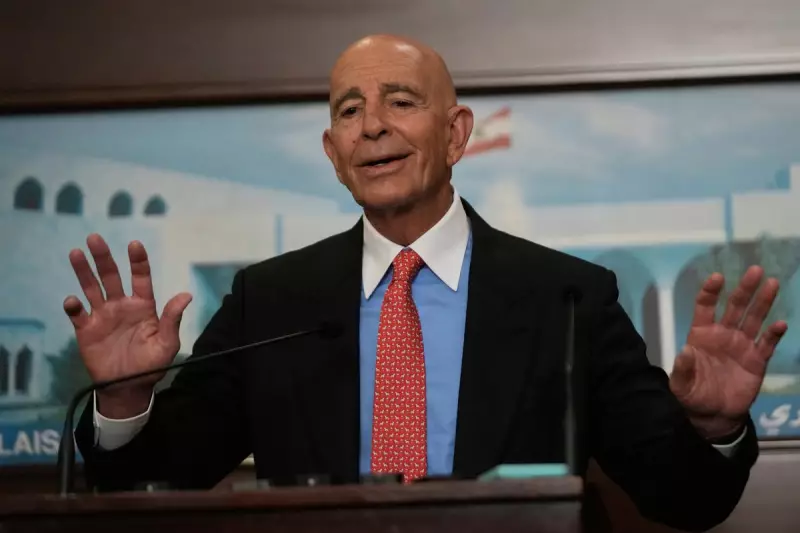
In a stunning legal defeat for US prosecutors, a federal court has cleared billionaire and former Trump confidant Tom Barrack of charges that he illegally lobbied on behalf of the United Arab Emirates.
The verdict, delivered in a Brooklyn court, marks a major setback for the US Justice Department's ongoing campaign to enforce laws against unregistered foreign influence peddling at the highest levels of American politics.
The Core of the Case
Prosecutors had built a case alleging that Mr. Barrack, who chaired former President Donald Trump's inaugural committee, leveraged his close access to the Trump administration to advance the interests of the UAE between 2016 and 2018. They accused him of effectively acting as a foreign agent without registering with the US government, a violation of federal law.
The charges included obstruction of justice and making false statements during a 2019 interview with federal agents.
A Resounding Not Guilty Verdict
After days of deliberation, the jury found Mr. Barrack not guilty on all counts. This outcome spares the 75-year-old private equity mogul a potential sentence that could have kept him in prison for the remainder of his life.
The acquittal suggests the jury found the evidence presented by the Department of Justice insufficient to prove beyond a reasonable doubt that Mr. Barrack was under the direct "direction or control" of the Emirati government, a key tenet of the law.
Wider Implications and the DOJ's Campaign
This case was a cornerstone of the Justice Department's renewed focus on cracking down on covert foreign lobbying, particularly from nations in the Middle East. The not-guilty verdict is seen as a significant blow to this initiative.
The trial cast a bright light on the often-murky intersection of wealth, political access, and international diplomacy. Mr. Barrack's defence team successfully framed his actions as part of his legitimate role running his global investment firm, Colony Capital, rather than that of a clandestine agent.
This high-profile acquittal is likely to influence how similar cases are pursued by prosecutors in the future, potentially raising the bar for proving allegations of illegal foreign lobbying.





